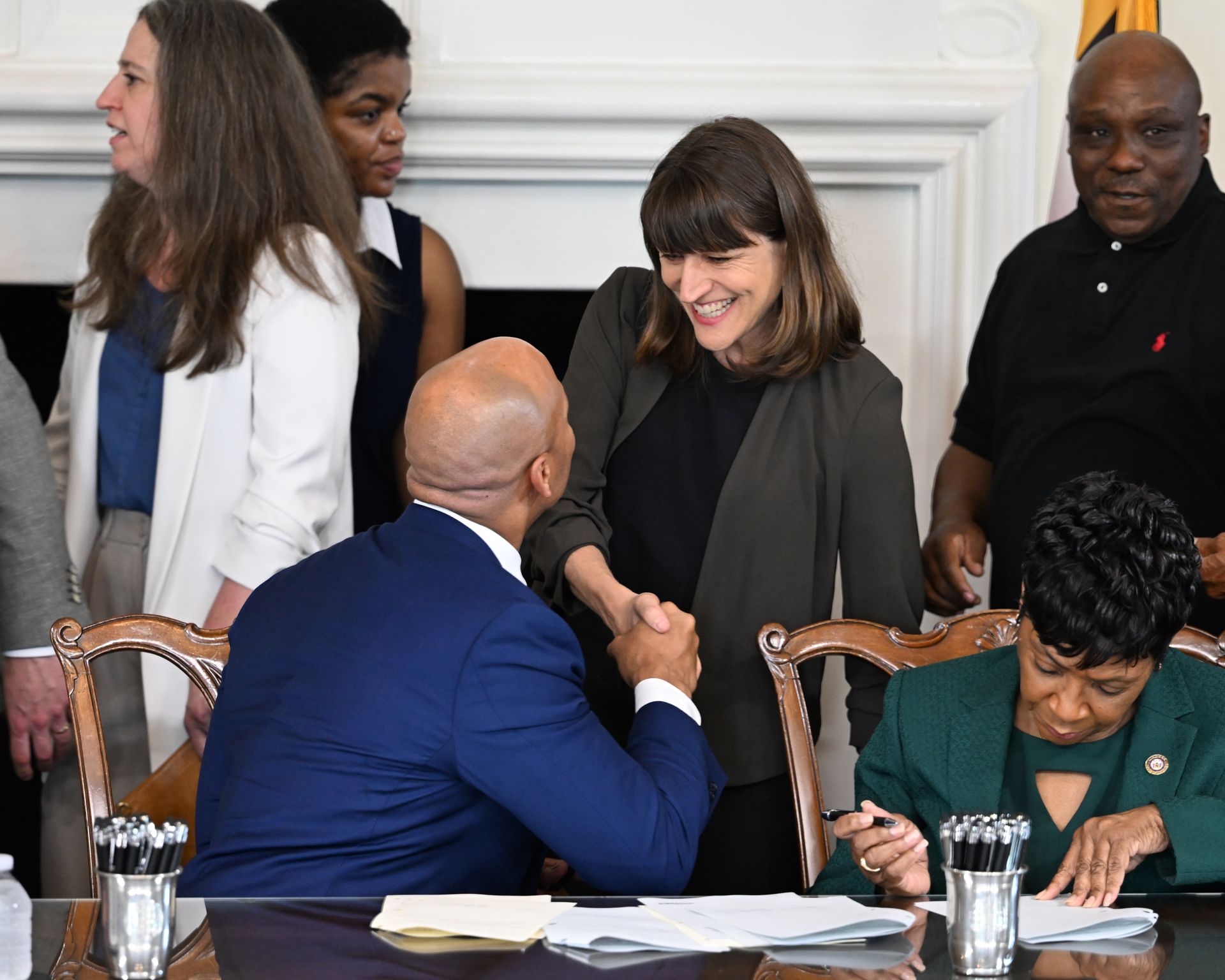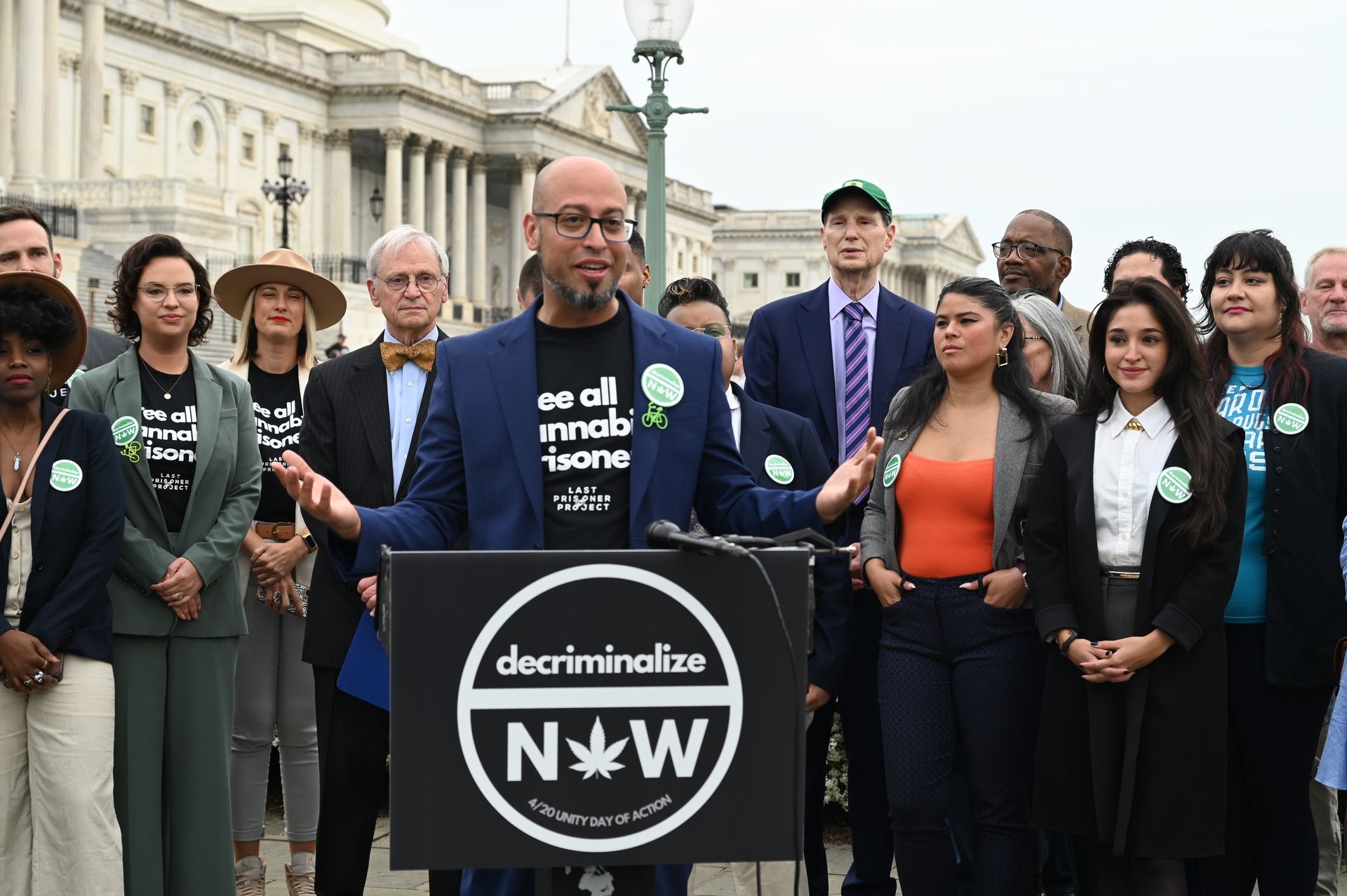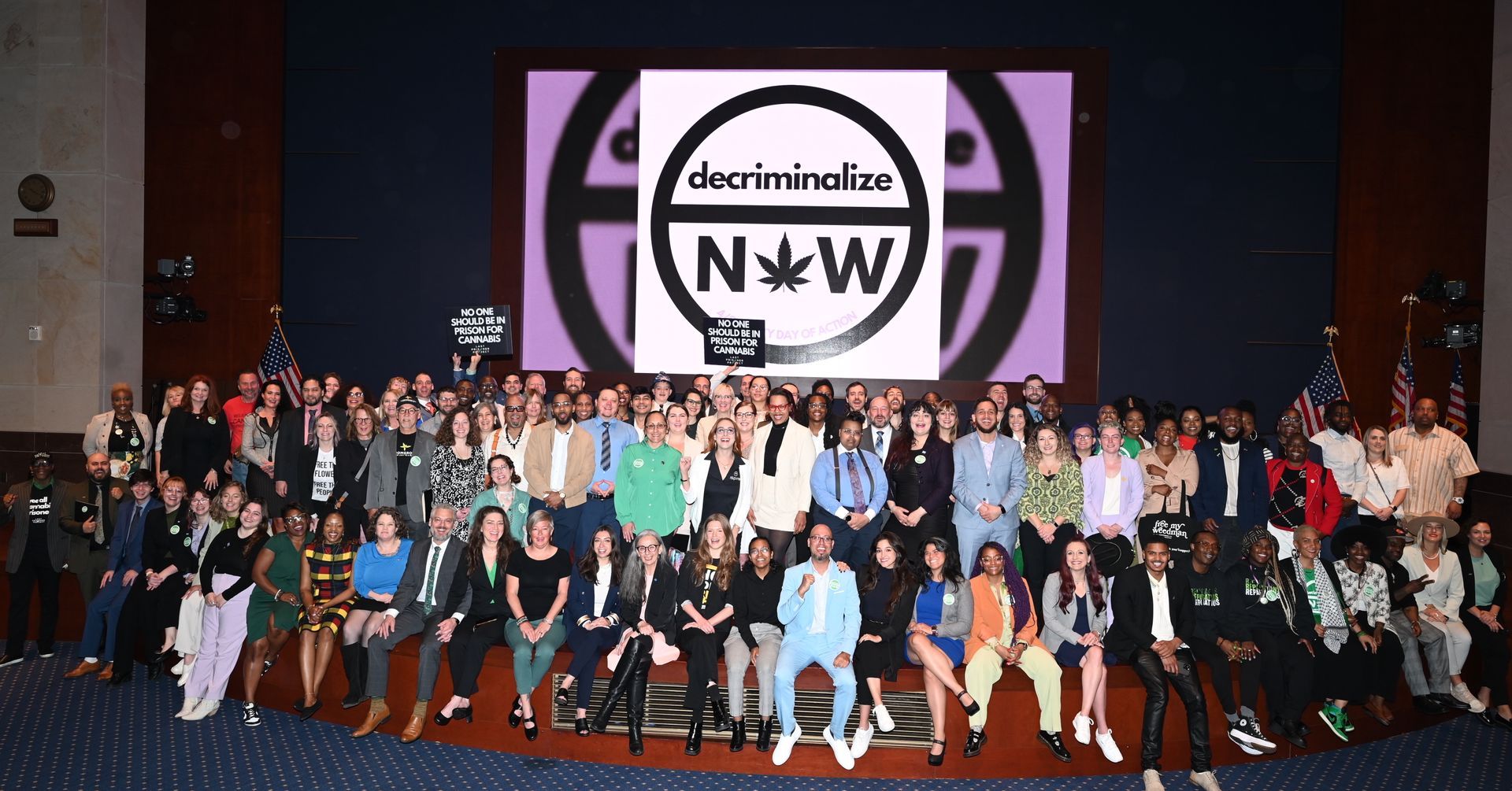The Social Justice Promise of Psychedelic Decriminalization
Originally published as an op-ed in The Crime Reporter.
Across the nation, we’ve seen an exponential expansion in jurisdictions attempting to pass legislation to decriminalize certain drugs–most recently psychedelics. Since 2019, 25 states have considered 74 psychedelic reform bills, 10 of which were successfully enacted. Currently, there are 32 pieces of active psychedelics legislative initiatives, and now, a bill to legalize certain naturally occurring psychedelics in California is headed to Governor Newsom’s desk. This progress comes on the heels of the past decade's monumental shift in drug policy reform and the broad legalization of cannabis. Today, 23 states and the District of Columbia have fully legalized cannabis, and there are now only four states that have no form of legal cannabis. While efforts to legalize cannabis have made tremendous progress that the psychedelics space can hope to emulate, these initiatives continue to fall short in the area of retroactive criminal justice–a failing that drug policy advocates now have the opportunity to remedy with broader decriminalization measures.
Across the nation, we’ve seen an exponential expansion in jurisdictions attempting to pass legislation to decriminalize certain drugs–most recently psychedelics. A
recent analysis of US legislation related to psychedelics found that since 2019, 25 states have considered 74 psychedelic reform bills, 10 of which were successfully enacted. By the end of 2022, there were 36 pieces of active psychedelic drug legislative initiatives, and now,
a bill to legalize certain naturally occurring psychedelics in California is headed to Governor Newsom’s desk. Today, 23 states and the District of Columbia have
fully legalized cannabis, and there are now only four states that have no form of legal cannabis. While efforts to legalize cannabis have made tremendous progress that the psychedelics space can hope to emulate, these initiatives continue to fall short in the area of retroactive criminal justice–a failing that drug policy advocates now have the opportunity to remedy with broader decriminalization measures.
When the first adult-use ballot initiatives passed in states like Colorado and Washington, the political climate dictated that advocates focus on getting bills passed without comprehensive criminal and social justice provisions. Even though these inclusions are now standard practice for omnibus legalization bills, they often fall short. Social equity programs have been rife with problems, and profitable businesses for those most impacted by the War on Drugs have largely failed to materialize.
Similarly, the criminal justice initiatives meant to repair the harms of prohibition have been a mixed bag. Many states have successfully used cannabis legalization as a means to implement broad reforms–including automatically clearing tens of thousands of criminal records and reducing criminal sentences. Legalization initiatives have now become the broadest and best examples of retroactivity, a concept typically absent in our criminal legal system. Generally, when a law changes, that change applies only prospectively. The criminal justice measures tied to the change in the legal status of cannabis, though, have given us a proof of concept for providing retroactive relief for individuals who may have suffered severe criminal consequences for activity that the general public–and our criminal legal system–now deems acceptable.
That’s not to say that legalization has been a silver bullet for implementing retroactive reforms–ten years in, and we are still figuring out best practices for ensuring relief is guaranteed for eligible populations. Take California, where our organization, Last Prisoner Project, has worked to pass clean-up legislation to finally fulfill the original promise of the state’s Prop 64, which created an adult-use market for cannabis and included several social equity and criminal justice provisions. Despite such language being included in the original bill, there have been significant delays and issues with implementation. Even after the passage of two pieces of follow-on legislation to address the problems with cannabis record clearance in the state, there are still tens of thousands of Californians waiting for relief.
This is not to downplay the potential for impactful reforms tied to legalization measures. While we continue to face obstacles in advancing cannabis justice, we now have the opportunity to look back on the complexities and pitfalls of successfully joining social justice efforts with drug policy reforms and to take these lessons into the next stage of this movement. As more and more states look to decriminalize psychedelics, it will be imperative that we leverage the successful models utilized for cannabis reform early on.
Unfortunately, like those early cannabis legalization initiatives, the vast majority of psychedelic reform bills, including SB 58 in California, are absent any social or criminal justice reform. In fact, the 2019 iteration of the bill was the only measure to include any criminal justice provisions (the original language would have dismissed and sealed prior drug convictions that would no longer be unlawful) but that language was removed in the senate. The understandable concern from advocates is that a legalization measure that has the potential to create significant progress for drug policy would fail due to these additional criminal justice reform provisions. But excluding these crucial components from these bills is a mistake we do not need to repeat.
The political landscape has changed immensely in the past decade. Along with the acknowledgment of the failures of prohibition and the War on Drugs, our criminal legal landscape is now marked by a broad consensus to end the country’s reliance on over-criminalization and our mass incarceration epidemic. Luckily, the progress we’ve made on the drug policy front can and must be leveraged to make advancements to our criminal legal system. To merely pass decriminalization laws is not enough to undo the injustices of our nation’s failed War on Drugs. We must ensure that retroactive criminal legal reforms are part of psychedelic decriminalization measures. There is a massive opportunity for true criminal justice reform through progressive changes to our criminal codes.
Let’s not wait another decade to act on it.
About the Author:
Sarah Gersten is the Executive Director and General Counsel for the Last Prisoner Project. Throughout her career Sarah has worked at the intersection of cannabis legalization and criminal justice reform. After working as an attorney at a congressional agency where she focused on legislative policy, Sarah co-founded a cannabis-centric law firm where she led the firm's pro bono initiative, taking on expungement and record-sealing cases. Sarah went on to co-found and serve as CEO for a legal tech startup that offers affordable legal solutions for small cannabis business owners, as well as free expungement services. Sarah is a member of the International Cannabis Bar Association, the NORML Legal Committee, and the National Lawyers Guild. She received her BA from Tulane University and her JD from Harvard Law School.






